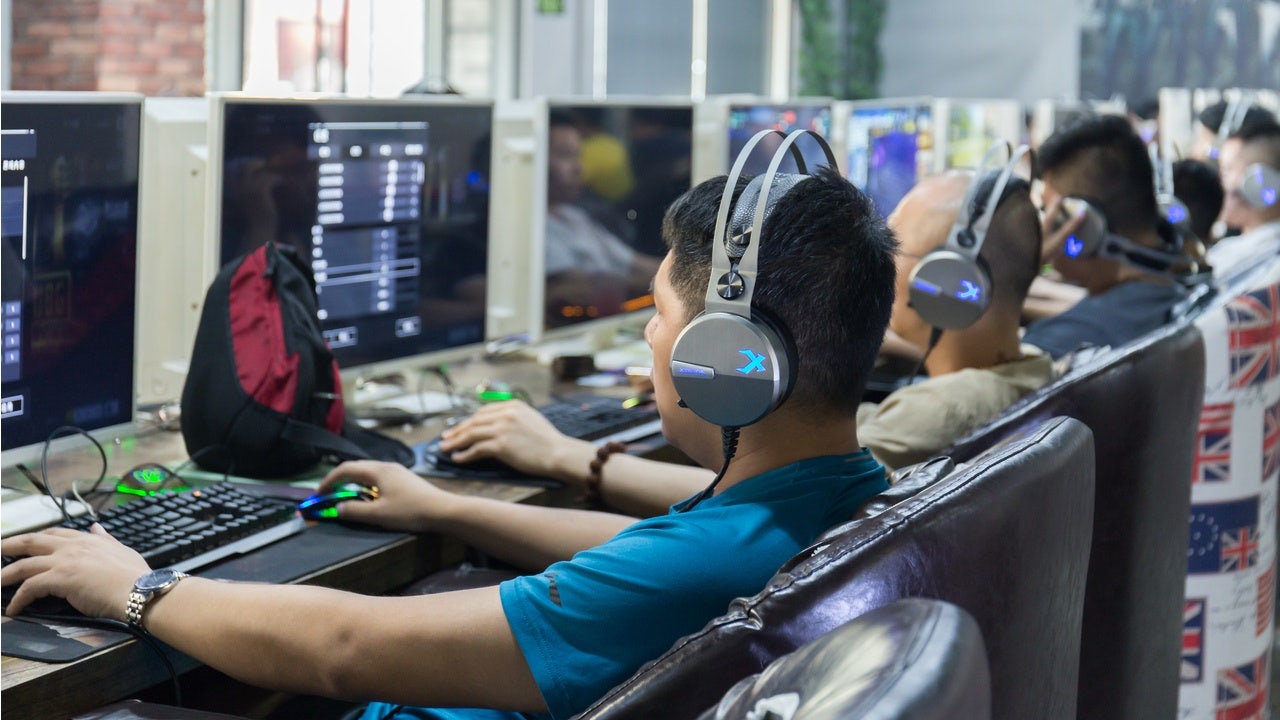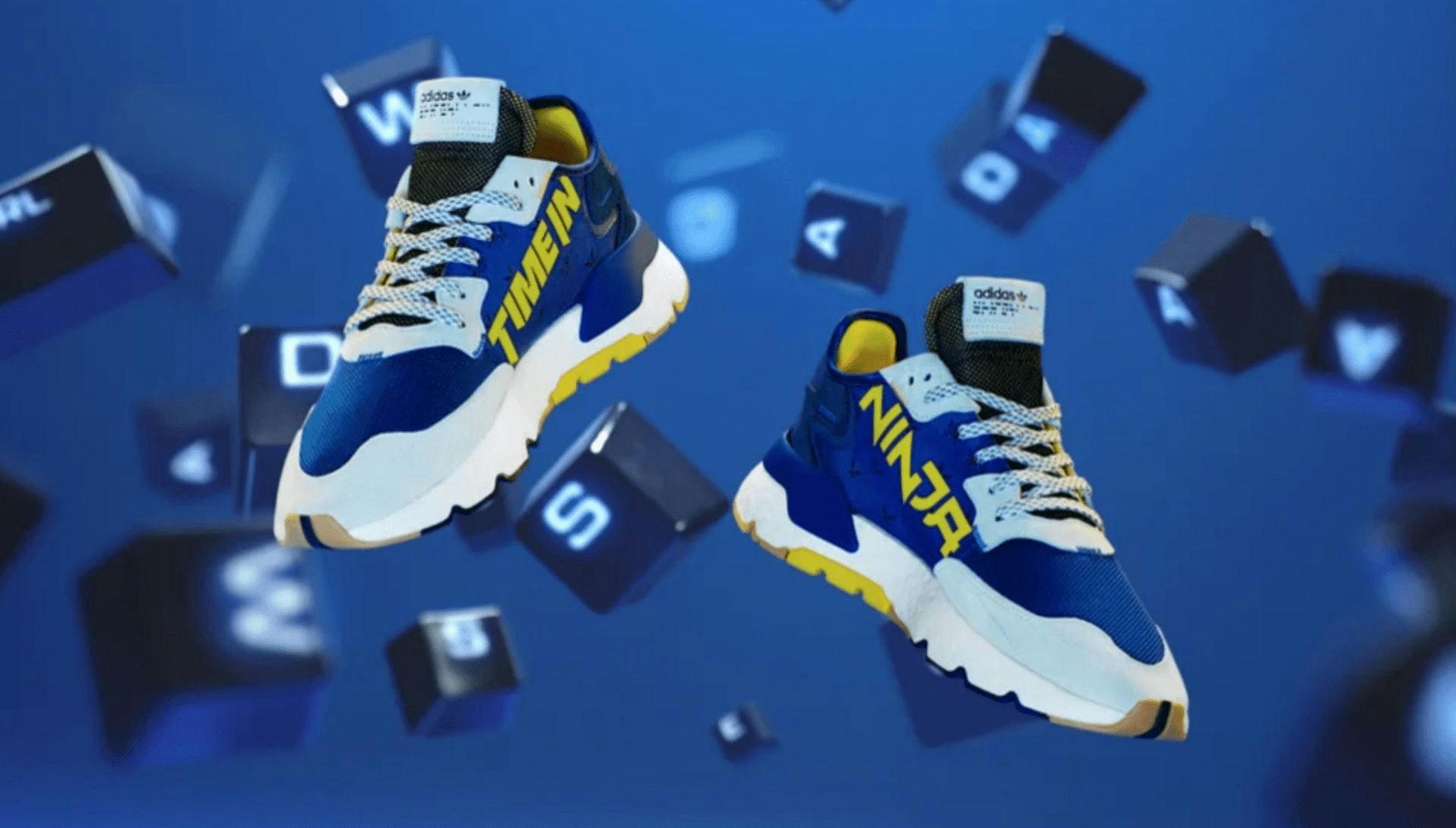What happened
It’s KO for teens once the clock strikes ten. Starting on July 6, Tencent Games is rolling out a “Midnight Patrol” initiative to stop under-18s from playing into the wee hours of the night. Kids who use an adult’s account for a significant amount of time from 10 PM to 8 AM will be kicked off by the platform’s facial recognition system or blocked by Tencent’s newly launched parent lock function. These measures come as Chinese authorities have stepped up their efforts to tackle gaming addiction among minors, from requiring real-name registration to capping in-game purchases.
The Jing Take
If China hosting the League of Legends World Championship for the third time in a row isn’t testament enough to its booming game market, then let the numbers do the talking: Mainland China had over 681.7 million mobile gamers at the end of 2020, with mobile game revenue up 30 percent from 2019 to 29.2 billion. By 2025, China’s overall game market (including PC) is expected to reach 55 billion with 781 million players, according to Niko Partners. And accounting for nearly 55 percent of this market is Tencent Games, which has also boasted the world’s highest-grossing mobile game, Honor of Kings, for the last two years.
But with great powers (or in this case, market share) comes great government scrutiny. As the world’s largest gaming company by revenue, Tencent has been feeling the heat over its investments in China. Just yesterday, Reuters reported that authorities are planning to block Tencent’s merger of the country’s two largest game streaming platforms Huya and DouYu — worth 6 billion combined — after failing to resolve monopoly concerns. Prior to this, the tech conglomerate’s portfolio companies have been penalized for anti-competitive behavior while its music arm has been rumored to be next to go under the microscope.
Despite these uncertainties, gaming continues to be an important avenue for brands that want to win over younger audiences in China. Already, luxury houses like Burberry and Louis Vuitton have created prestige skins for games, while Dior and Fendi have tapped local esports players to promote their capsule collections. However, with the country’s tech and entertainment industry under heavy fire, it is important for global players to keep vigilant. While Tencent Games’ latest rollouts may not affect brands this time around — minors accounted for just six percent of Tencent’s online game receipts in Q4 2020 — future regulations could have a larger impact on game spending, livestreaming, and other online user activities, spoiling the fun and another possible revenue stream.
The Jing Take reports on a piece of the leading news and presents our editorial team’s analysis of the key implications for the luxury industry. In the recurring column, we analyze everything from product drops and mergers to heated debate sprouting on Chinese social media.


